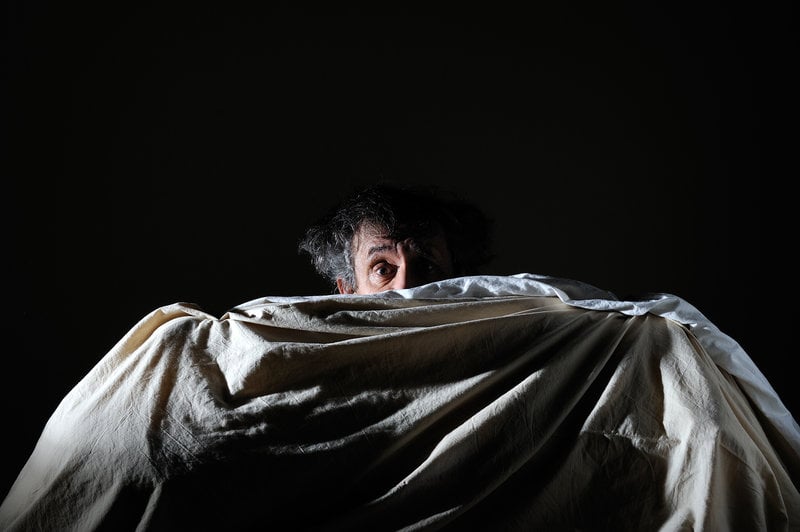Sleep is a vital function that allows your mind and body to recharge which eventually leaves you refreshed and alert by the time you wake up. It is also important that your body gets a healthy amount of sleep, this helps with your immunity and brain function. People who do not have good sleeping habits often have a hard time concentrating and functioning in their daily life. But did you know, that your environment also influences how well you sleep at night?
When we sleep in unfamiliar places, only half of our brain gets a good night’s sleep while the other half stands on guard. This is why we feel somewhat exhausted when we wake up.
Why Can’t You Sleep Well in Strange Places?
When you sleep in strange places, only half of your brain gets a good night’s rest. This was discovered and published in the Journal of Current Biology.
The left side seems to be more awake than the right side.
Yuka Sasaki, Associate Professor, Brown University
In the study, the researchers help to explain why people get tired after sleeping in a new place. It also suggests that humans have something in common with birds and sea mammals, which frequently sleep with half their brains while the other half is on guard.
The first-night effect was actually discovered by sleep researchers decades ago. They began studying people in sleep labs. Typically, the first night in a lab is so bad that researchers discard any data they collect. But Sasaki was curious about what was going on in the brain that first night. As a result, she and her colleagues examined the brain wave patterns of 35 Brown University students.
As measured by the team, slow-wave activity appears during deep sleep. They also discovered that slow-wave activity was higher in certain areas of the right hemisphere than in the corresponding areas of the left hemisphere during a student’s first night in the lab. However, the difference went away after the first night.
The team conducted two additional experiments to confirm that the left side of the brain was indeed more alert. The sleeping students were first subjected to a repeated standard tone, followed by a single tone of a different pitch.
According to this research, the brain responds to this deviant tone when someone is awake or lightly sleeping, and the students’ brains did respond, but only on the left side.
The researchers then played a loud sound to wake someone lightly sleeping. They also discovered that students awoke faster when the sound was played into the right ear, which is connected to the left side of the brain. (Source: NPR)
What is the Niels Rattenborg Experiment?
According to Niels Rattenborg, the avian sleep group leader at the Max Planck Institute for Ornithology in Seewiesen, Germany, the ability to rest only one side of the brain has never been demonstrated in humans. However, he claims that it is a trick that many animals can perform.
Rattenborg conducted an experiment where he lined up ducks and watched them sleep. He discovered that ducks with a bird on either side of them go to sleep and keep both eyes closed.
However, the ducks at the end of the row slept more with one half of the brain at a time,” And when they did that, they directed the open eye away from the other birds, as if they were looking for approaching predators.
Niels Rattenborg, Max Planck Institute for Ornithology
Predators aren’t a big problem for people these days. But the human brain was shaped during a time when nights were dark and full of terrors.
When we’re sleeping in a new environment, and we don’t know how many predators are around. It would make sense to keep half the brain more alert and more responsive to bumps in the night.
Niels Rattenborg, Max Planck Institute for Ornithology
(Source: NPR)

I have always thought about this